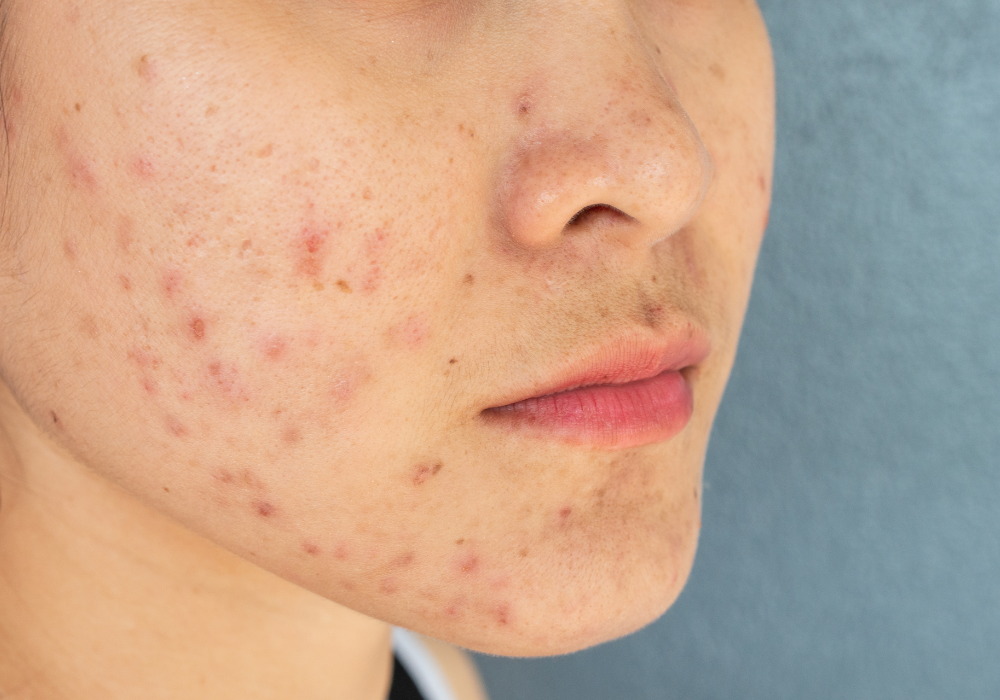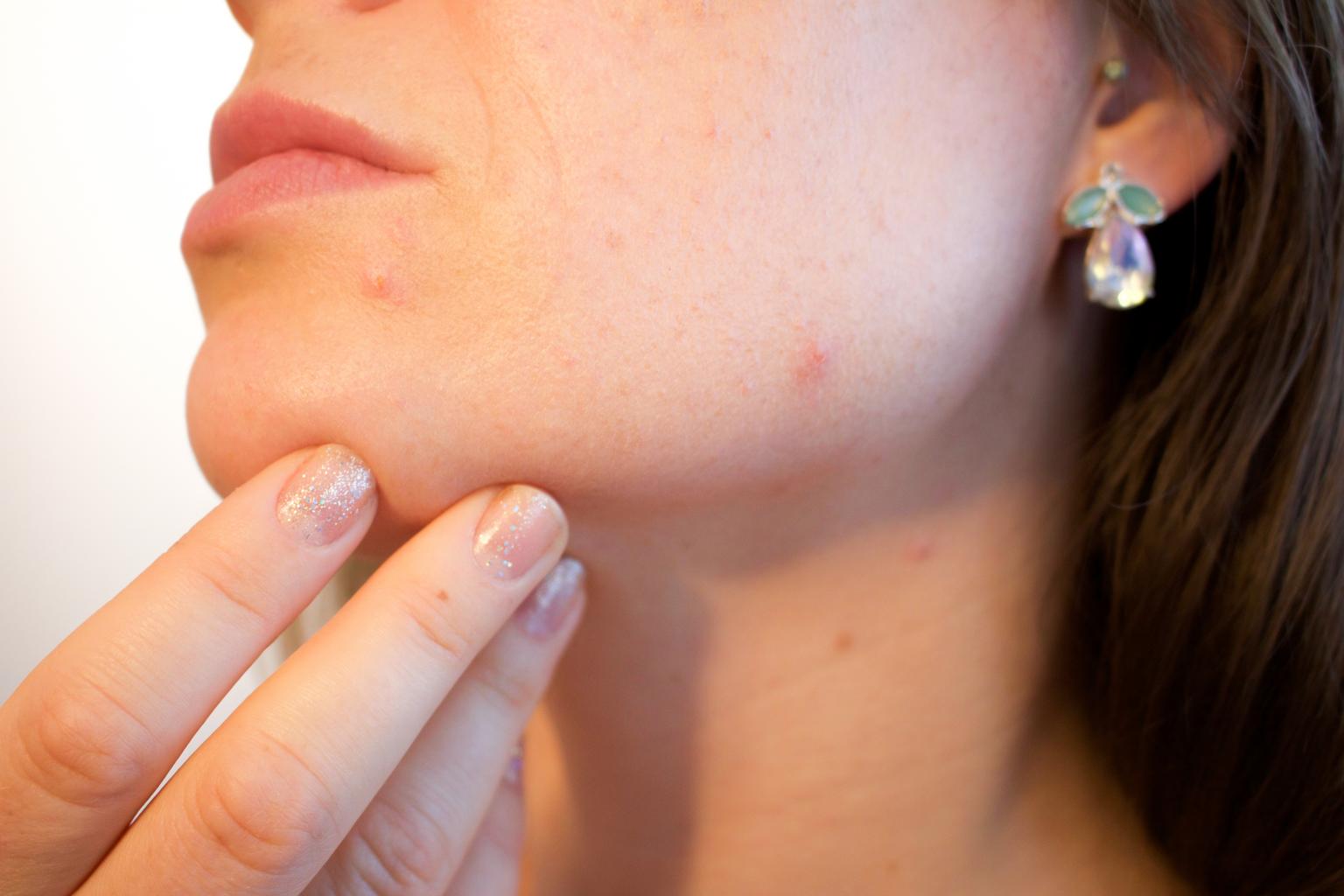Acne is a common and frustrating skin condition that affects people of all ages. It is caused by an inflammation of the sebaceous glands and hair follicles on the skin, which results in pimples, blackheads, whiteheads, and cysts. Although it is most commonly associated with teenagers, acne can persist into adulthood and can be caused by various factors, including hormonal changes, genetics, stress, diet, and environmental factors.

Preventing acne is crucial, and it starts with avoiding exposure to agents that cause acne-like lesions. Long-term use of broad-spectrum antibiotics should be avoided, as this can lead to the development of antibiotic-resistant bacteria. Instead, probiotic support should be taken when necessary to promote a healthy gut microbiome, which can reduce inflammation and improve the immune system. Establishing a consistent skincare routine is also important, including cleaning the skin with a mild cleanser twice a day, moisturizing the skin with a suitable moisturizer, and using headphones when talking on the phone to avoid contact with bacteria.
A healthy diet can also play a significant role in preventing acne. Foods that are high in refined sugars and carbohydrates can cause a spike in insulin levels, leading to increased sebum production and inflammation. Instead, opt for a balanced diet that is rich in fruits, vegetables, lean protein, and healthy fats like omega-3 fatty acids. Drinking plenty of water and staying hydrated can also help flush out toxins and promote healthy skin.
In addition to prevention, several treatments can help prevent acne. Vitamins and supplements such as Vitamin A, zinc, and omega-3 can help regulate sebum production and control inflammation. Topical treatments like tea-tree oil, azelaic acid, and salicylic acid can help unclog pores, reduce inflammation, and exfoliate the skin. Retinoids are also a popular choice for treating acne, as they help exfoliate the skin and reduce the appearance of fine lines and wrinkles.
For severe acne cases, it’s important to seek professional help. A dermatologist can prescribe medication and treatments such as topical creams, antibiotics, and chemical peels. They may also recommend in-office treatments such as extractions, cortisone injections, and photodynamic therapy. These treatments can be effective in reducing the appearance of acne and preventing scarring.
It’s important to note that treating acne is a process and requires patience and consistency. It can take several weeks or even months to see results, so it’s important to stick with a skincare routine and treatment plan. It’s also important to be gentle with the skin and avoid picking or squeezing pimples, as this can lead to scarring and infection.
In conclusion, acne is a common skin condition that can be prevented and treated with proper care and treatments. Avoiding exposure to agents that cause acne, maintaining a healthy diet, establishing a consistent skincare routine, and seeking medical advice when necessary are key to preventing and treating acne. With the right approach, clear and healthy-looking skin is achievable. Don’t let acne hold you back from feeling confident and beautiful.


